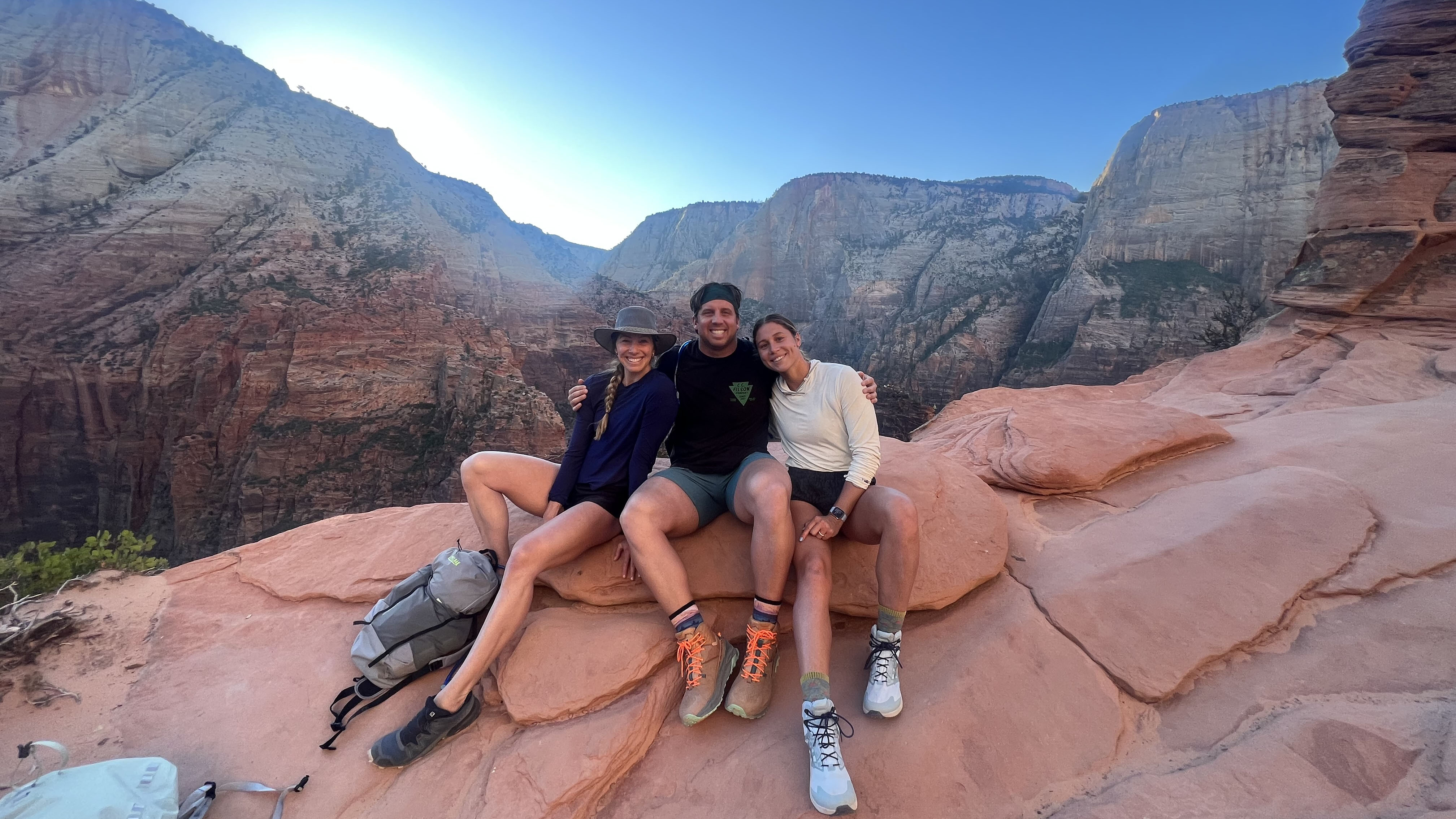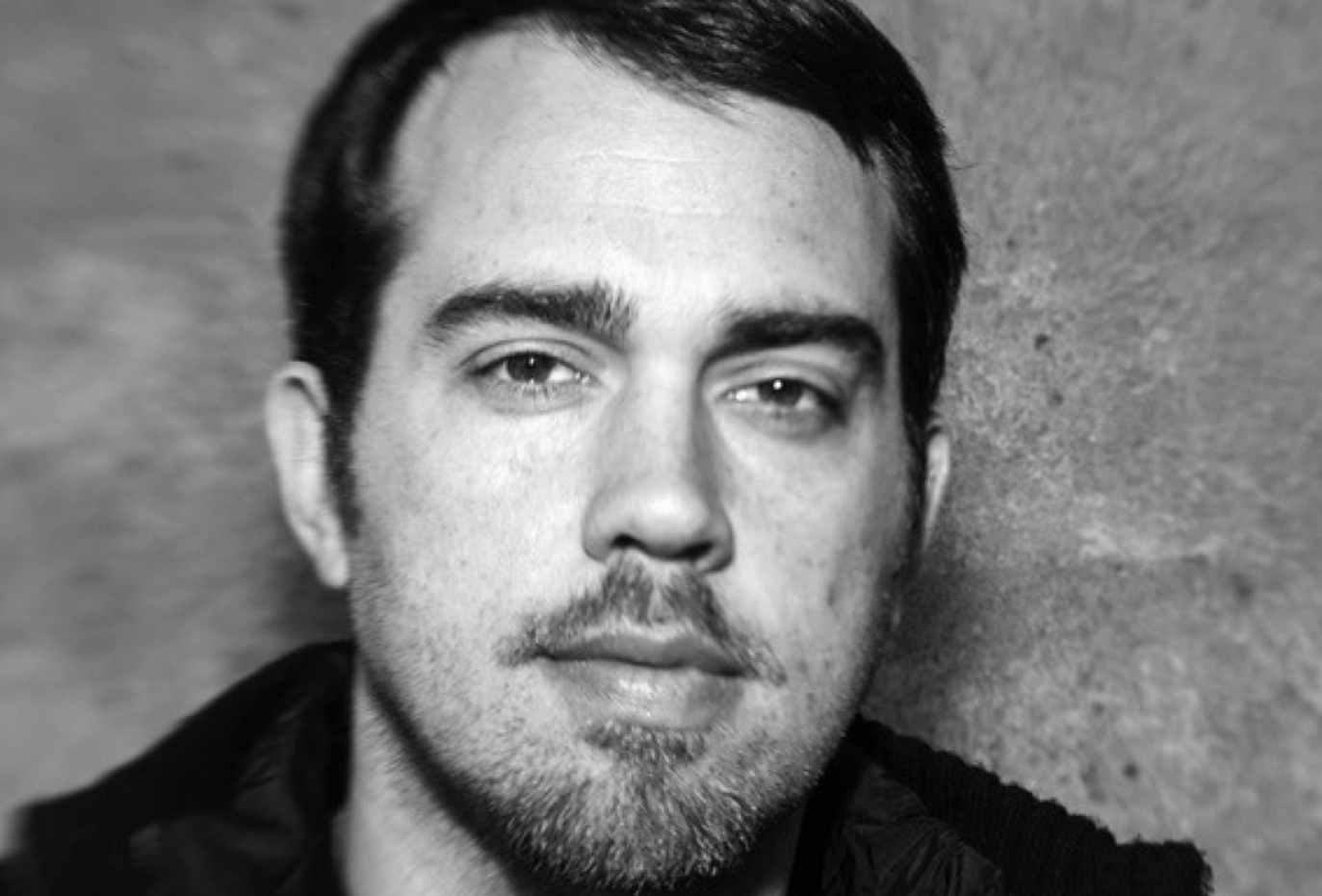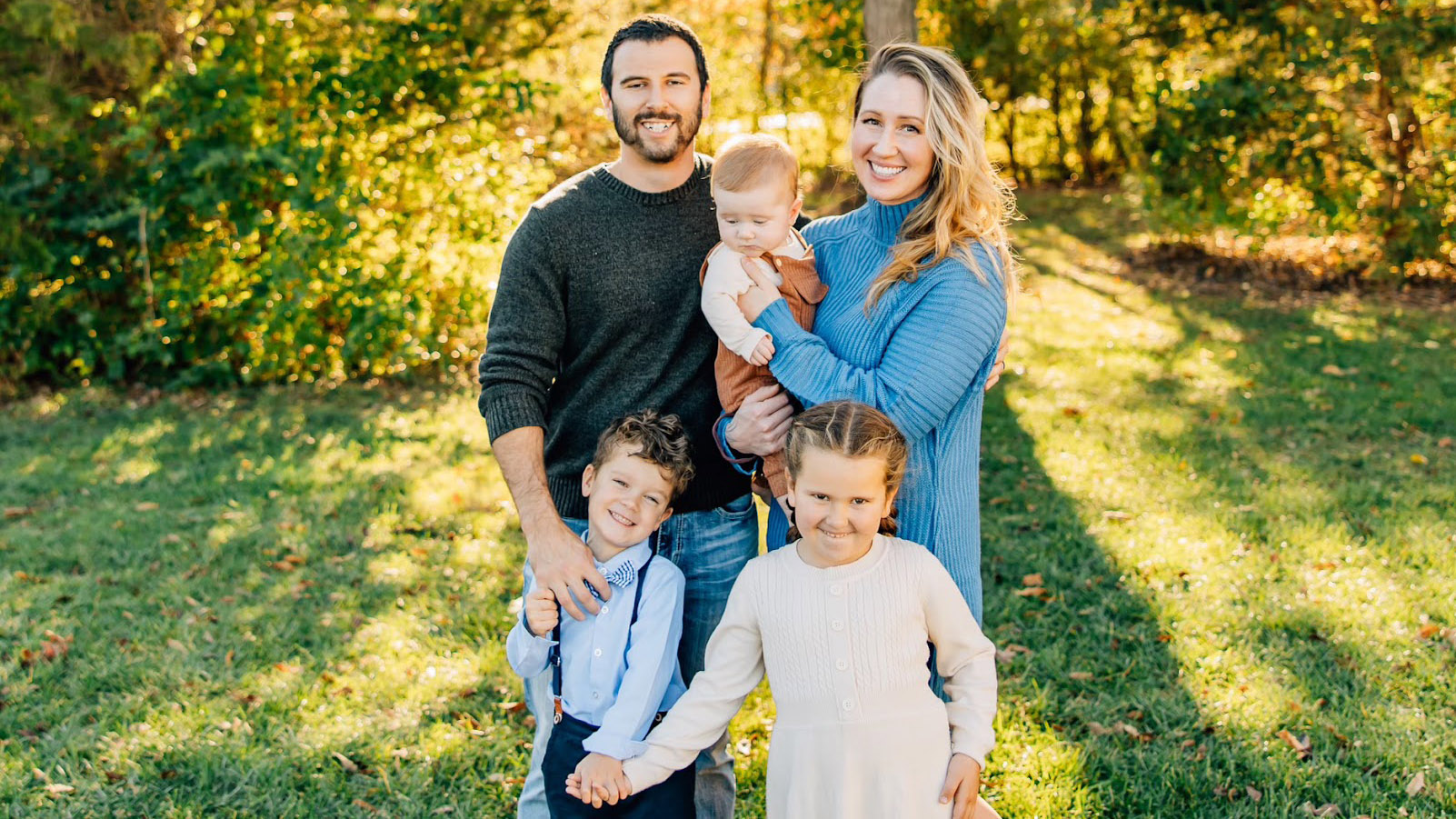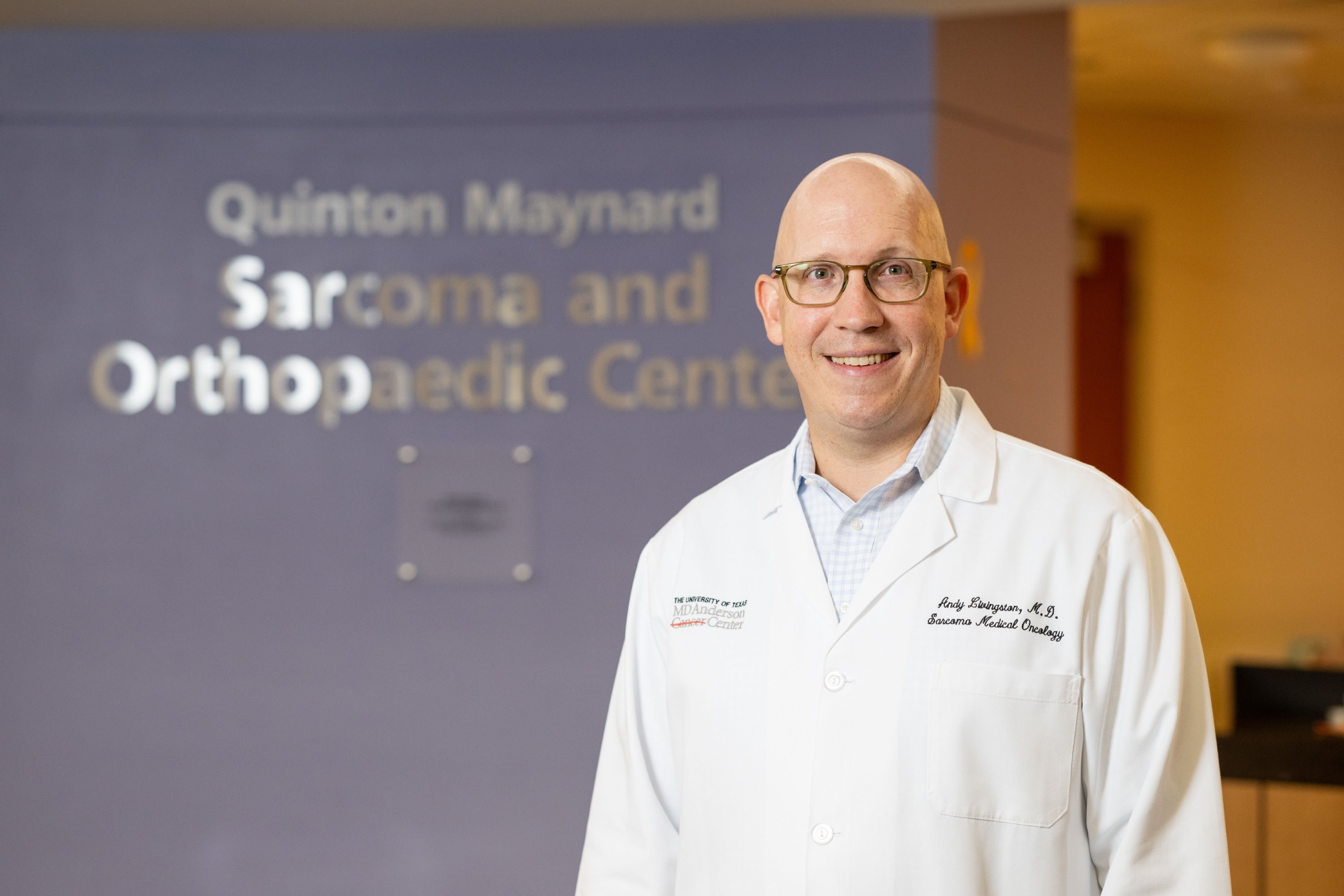- Diseases
- Acoustic Neuroma (14)
- Adrenal Gland Tumor (24)
- Anal Cancer (68)
- Anemia (2)
- Appendix Cancer (16)
- Bile Duct Cancer (26)
- Bladder Cancer (72)
- Brain Metastases (28)
- Brain Tumor (232)
- Breast Cancer (714)
- Breast Implant-Associated Anaplastic Large Cell Lymphoma (2)
- Cancer of Unknown Primary (4)
- Carcinoid Tumor (8)
- Cervical Cancer (158)
- Colon Cancer (166)
- Colorectal Cancer (118)
- Endocrine Tumor (4)
- Esophageal Cancer (44)
- Eye Cancer (36)
- Fallopian Tube Cancer (8)
- Germ Cell Tumor (4)
- Gestational Trophoblastic Disease (2)
- Head and Neck Cancer (12)
- Kidney Cancer (128)
- Leukemia (342)
- Liver Cancer (50)
- Lung Cancer (286)
- Lymphoma (278)
- Mesothelioma (14)
- Metastasis (30)
- Multiple Myeloma (100)
- Myelodysplastic Syndrome (60)
- Myeloproliferative Neoplasm (6)
- Neuroendocrine Tumors (16)
- Oral Cancer (100)
- Ovarian Cancer (172)
- Pancreatic Cancer (160)
- Parathyroid Disease (2)
- Penile Cancer (14)
- Pituitary Tumor (6)
- Prostate Cancer (146)
- Rectal Cancer (58)
- Renal Medullary Carcinoma (6)
- Salivary Gland Cancer (14)
- Sarcoma (238)
- Skin Cancer (296)
- Skull Base Tumors (56)
- Spinal Tumor (12)
- Stomach Cancer (64)
- Testicular Cancer (28)
- Throat Cancer (92)
- Thymoma (6)
- Thyroid Cancer (98)
- Tonsil Cancer (30)
- Uterine Cancer (80)
- Vaginal Cancer (16)
- Vulvar Cancer (20)
- Cancer Topic
- Adolescent and Young Adult Cancer Issues (20)
- Advance Care Planning (10)
- Biostatistics (2)
- Blood Donation (18)
- Bone Health (8)
- COVID-19 (362)
- Cancer Recurrence (120)
- Childhood Cancer Issues (120)
- Clinical Trials (632)
- Complementary Integrative Medicine (22)
- Cytogenetics (2)
- DNA Methylation (4)
- Diagnosis (232)
- Epigenetics (6)
- Fertility (62)
- Follow-up Guidelines (2)
- Health Disparities (14)
- Hereditary Cancer Syndromes (126)
- Immunology (18)
- Li-Fraumeni Syndrome (8)
- Mental Health (116)
- Molecular Diagnostics (8)
- Pain Management (62)
- Palliative Care (8)
- Pathology (10)
- Physical Therapy (18)
- Pregnancy (18)
- Prevention (918)
- Research (392)
- Second Opinion (74)
- Sexuality (16)
- Side Effects (604)
- Sleep Disorders (10)
- Stem Cell Transplantation Cellular Therapy (216)
- Support (402)
- Survivorship (322)
- Symptoms (182)
- Treatment (1786)
Sarcoma survivor finds his way to remission at MD Anderson
4 minute read | Published October 16, 2018
Medically Reviewed | Last reviewed by an MD Anderson Cancer Center medical professional on October 16, 2018
As a high school soccer player, Alex Frankenfeld often heard his coach say, “Busca la forma,” which is Spanish for “Find a way.” Three years later, Alex was diagnosed with soft tissue sarcoma, and the phrase became a mantra that helped him get through the experience. “I’m going to do whatever I can to beat this thing,” Alex told his mother on their first trip to MD Anderson in fall 2015. “Mom, I’m going to find a way.”
Spotting soft tissue sarcoma symptoms
Alex had just started his junior year at the University of Oklahoma when he began noticing sarcoma symptoms: frequent urination, constipation and back pain so intense he found himself in the emergency room. A CT scan revealed an 11-inch mass in his pelvis. He was diagnosed with stage II leiomyosarcoma, a very rare type of soft tissue sarcoma. At the time, Alex was only 21.
After Alex received his diagnosis from a doctor in Dallas, he made two important decisions: he was coming to MD Anderson for soft tissue sarcoma treatment – his parents heard it was the best- and he was putting college on hold. He cancelled his plans to study abroad in Paris and took the spring semester off to focus on his health.
“In some ways, it was a hard decision,” he says. “But in other ways, it was easy. My life was so much important than anything else.”
Coming to MD Anderson for soft tissue sarcoma treatment
Alex had his first appointment at MD Anderson’s the Sarcoma Center December 2015, where he was greeted by a social work counselor, who told him what to expect and what resources were available. Afterwards, he met with Christina Roland, M.D., a surgeon and associate medical director of the Sarcoma Center, and Ravin Ratan, M.D., an oncologist. They outlined his sarcoma treatment plan: 18 weeks of chemotherapy and 25 rounds of radiation, followed by surgery to remove the tumor. Alex received chemotherapy and radiation in Dallas, so he could continue to live at home.
“The fifth week of chemotherapy was the worst. I wasn’t feeling well at that point, and my friends were on spring break,” he says. “But I found a way to cope by focusing on the big picture. My life was more important than any of that.”
Surgery leaves soft tissue sarcoma survivor cancer-free
After finishing chemo and radiation, Alex began to prepare for the next step: surgery. That procedure took place on June 20, 2016. During the surgery, Roland removed the tumor and a part of a nearby vein. Then, Tam Huynh, M.D., a cardiovascular surgeon, helped replace it with one grafted from Alex’s leg.
William Graber, M.D., a urology surgeon, assisted. Given the location of the tumor, Dr. Graber was concerned that they might have to remove Alex’s bladder. Fortunately, surgeons were able to keep it intact, and help Alex officially become cancer-free. It was a huge sigh of relief. He had beat this thing. He had found a way.
Why you’ll never hear this sarcoma survivor complain
Alex stayed in the hospital 10 days following the surgery. While he was recovering, he grew close to his care team.
“My faith, family and friends were what helped me get through,” he says. “Dr. Roland, her physician assistant and clinical nurse Erica Gardenhire, Dr. Graber, Dr. Ratan — they were all there for me when times were really tough. So, I look at MD Anderson as a part of my family.”
After a few weeks, Alex was able to get moving again with the help of a walker. He returned to Dallas, where he spent hours walking around the mall with his father to regain his strength. Today, Alex’s only remaining signs of cancer are a scar and some nerve symptoms in his leg.
“But I’m alive, so you’ll never hear me complain about that,” Alex says.
Life after soft tissue sarcoma
Alex returned to school in the fall of 2016. The following year, he completed his degree in finance. And not only did he walk across the stage at graduation, but he was selected as a commencement speaker for the ceremony.
Today, Alex looks back on his college years, including his cancer experience, and knows he learned more than any book or class could ever teach him. He’s learned that no matter what challenges arise, he’ll always find a way.
Request an appointment at MD Anderson online or by calling 1-888-886-8957.
Related Cancerwise Stories

I’m alive, so you’ll never hear me complain.
Alex Frankenfeld
Survivor





